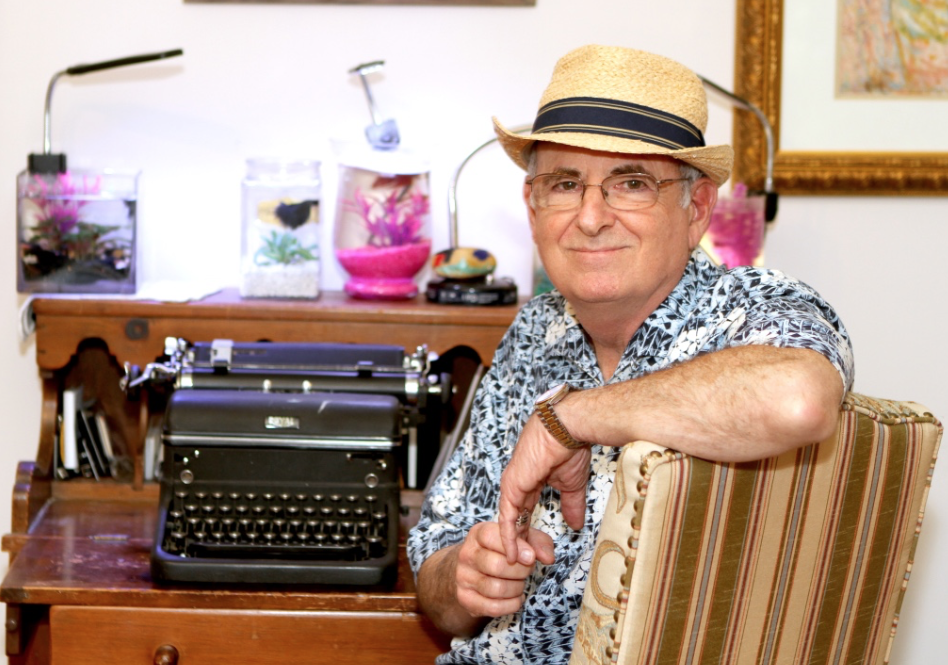A Boy Named Wilhelmina: ‘It was once the name of a Queen’

Naming a baby can be as easy or difficult as you make it. Name the child after a beloved relative gone to a greater reward or buy a book, yes a book, that has hundreds more suggestions than all the children even born into your family. My parents chose the first route. My paternal grandfather was named William. Already there was a problem. Two boy, my fathers and my uncles, were born very close together. I was one of the two.
Both men loved their father and wanted to honor him by naming their son William. My uncle, who was the youngest of the five children got the first shot. My dad was not to be died so we now had two Williams. A peace conference was held. My cousin, six months older than I would be called William. I would be formally named William but called Bill. It became so ingrained that if you called me William or he Bill we often reacted as if you’d called us Fred and Harry. Here is a peek in the backstage of the naming.
With apologies to Johnny Cash and his ode to “A Boy Named Sue” that song could have been me. One day, in one of her many cross—a popular term in the 50s for “pissed off”—days my mother was pining away at the awfulness of her not having had a daughter. That, of course, triggered a “what’s so bad about a second son?” feeling that overcame me. “In fact,” she went on, “the only reason you were born was because your brother was a boy.” I believed it.

Brooklyn Boro
View MoreNew York City’s most populous borough, Brooklyn, is home to nearly 2.6 million residents. If Brooklyn were an independent city it would be the fourth largest city in the United States. While Brooklyn has become the epitome of ‘cool and hip’ in recent years, for those that were born here, raised families here and improved communities over the years, Brooklyn has never been ‘uncool’.